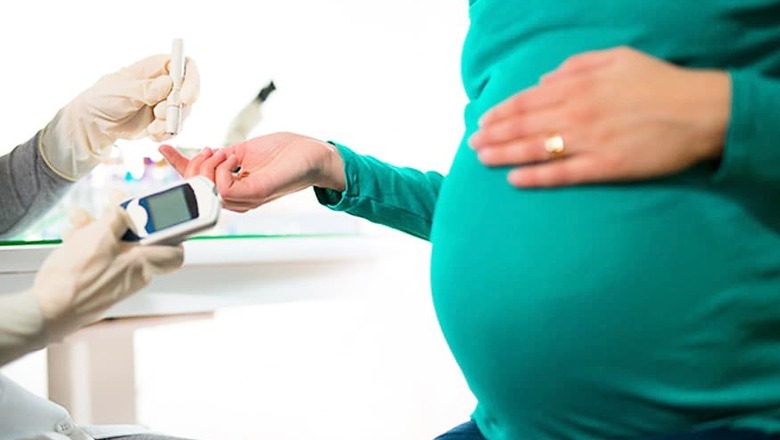
views
Tall slim girls are at greater risk of developing endometriosis, a debilitating disease that affects women's quality of life and ability to conceive, say researchers.
Endometriosis, a situation that has an effect on a person in 10 ladies and makes it more durable to turn out to be expecting, was observed to be far more typical in slender women of all ages of previously mentioned normal peak.
Published in the journal Annals of Human Biology, the research tracked the pathways into adulthood of more than 170,000 girls, aged seven to 13 - is the first to trace links between the risk of endometriosis and childhood height and BMI.
Previous studies have suggested an association with adult height and body size, but results have been inconsistent.
"A critical time window during which the disease develops is often missed, with women often experiencing diagnostic delays of several years," said study lead researcher Julie Aarestrup from Denmark's Centre for Clinical Research and Prevention.
"Our findings suggest that indicators of risk can be picked up at an earlier age, which might help speed up diagnosis so treatment can be started to slow the growth of endometrial tissue," Aarestrup added.
The findings show girls with a higher childhood BMI have a lower risk of endometriosis, than girls who are tall and lean - with factors more likely to be due to biological mechanisms, such as an increased level of oestrogen, rather than socioeconomic issues.
For the current study, researchers examined whether birth weight, childhood BMI and childhood height are associated with endometriosis, as well as with risks of adenomyosis.
Adenomyosis is when the endometrium grows into the muscle wall of the womb, rather than outside it as in endometriosis.
Birth weight, measured height and measured weight were analysed from 171,362 girls aged 7 to 13, born in Denmark between 1930 and 1996.
Follow-up started in 1977 or when the girls reached 15, whichever came later, and ended if endometriosis or adenomyosis was diagnosed or in June 2017, whichever came first. 2,149 women were diagnosed with endometriosis and 1,410 with adenomyosis.
The results found that girls with a higher childhood BMI had a lower risk of endometriosis, while taller girls were diagnosed with the disease more often.
For example, a difference of around 2.3kg between two seven-year-old girls was associated with an 8 per cent increased risk of endometriosis in the lighter girl, while being taller by around 5.2cm is associated with an increased risk of about 9 per cent.
There was no similar association with adenomyosis risk, and there was no link between birth weight and either endometriosis or adenomyosis.
The findings were consistent whether the girls were born towards the start of the 66-year period or more recently, spanning a period when significant improvements were made in medicine and in living conditions.
The associations are therefore likely to be due to biological mechanisms, rather than socioeconomic factors.
In terms of height, oestrogen is crucial for the acceleration in vertical growth that occurs during puberty and is also known to promote the growth of endometrial cells.
The authors suggest oestrogen could be behind the positive association between the disease and being tall.
Follow @News18Lifestyle for more


















Comments
0 comment